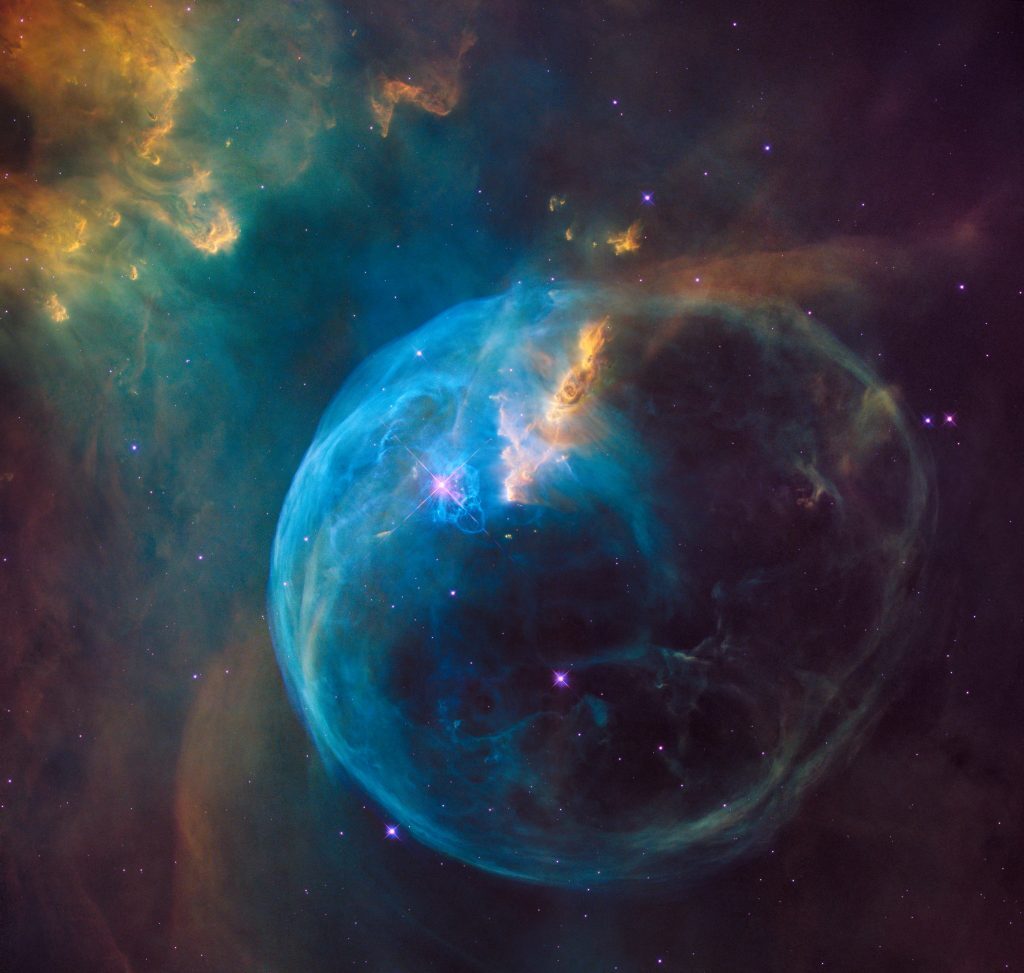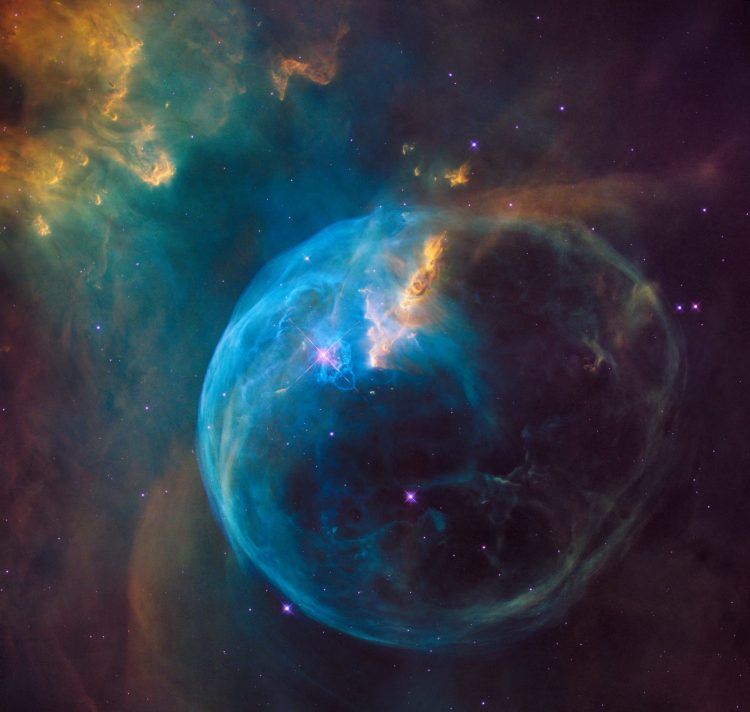Don’t explain, because the unexplainable is the most frightening thing there is.
H.P. Lovecraft
What Exactly is Cosmic Horror?
Cosmic Horror movies and books are on the rise in the horror community lately—a refreshing turn away from the slashers and gore of the late seventies, early eighties, most of the nineties, and the last two decades. The Cosmic Horror genre is about more than just the copious amounts of senseless violence—it’s beyond its own monsters and dangers—it’s about testing the limits of your own humanity. How connected are you to the world around you? How frightened are you about the dangers of the unknown? When your perception of reality is suddenly pulled out from under you, you begin to experience overwhelming trepidation, anxiety, and an unanticipated creeping loss of sanity.
In stories with a central theme of Cosmic Horror, more often than not, have protagonists that are forced to face things that go well beyond the normal realm of comprehension, which leads to the idea that authors of the genre try to stand behind, “don’t try and over-explain what’s happening, rather let them stew in existential dread.” While this genre of horror contains plenty of gore and violence, it angles more on the supernatural, paranormal, and psychological sides of fear—so there is no reaction of disgust, but rather pure, unadulterated terror.
So, in the simplest terms possible, cosmic horror is a sub-genre of science fiction where horror is derived from the insignificance of our own existence within an often dispassionate universe … easy peasy, right? While Lovecraft is credited as the creator of cosmic (or Lovecraftian) horror, that doesn’t mean that he was necessarily the first person to write within this genre—he was simply the first person to dedicate his fictional writing solely to the genre which now bears his name. To this day Lovecraft remains the most famous writer of the cosmic horror genre, although the genre continues to expand with the works of writers around the world.
Where Did Cosmic Horror Come From Anyway?

Photography by NASA
Now that we know what the genre of cosmic horror is all about, where exactly did this genre come from? As far as literary history has shown, cosmic horror began with one man—Howard Phillips Lovecraft. He is officially credited with being the father of the cosmic horror genre—but was he the first author to write in the genre, or was he simply the first author to be credited for it? Truth be told, Algernon Blackwood, an author out of England was officially the first one to write within the cosmic horror genre, but this subgenre of horror had not technically been established yet. His stories The Willows and The Man Who Found Out have historically been classified as general horror, gothic fiction, and fantasy fiction.
To understand certain types of horror, one must first understand where horror and the subsequent emotion of fear comes from. As has been mentioned many-a-times before, as said by Lovecraft himself, “the oldest and strongest emotion of mankind is fear, and the oldest and strongest kind of fear is the fear of the unknown.” This means that this particular subgenre capitalizes on this reaction to uncertainty (in its simplest form), the bread and butter of cosmic horror, and the inability to tell what is coming and when. This quote represents the spectrum of Lovecraft’s range of fiction—it’s elegant, yet somehow a pathetic representation of what can truly represent the genre as a whole. In no uncertain terms, Lovecraft and other authors of the genre make it increasingly clear that there are multiple ways in which the futility and insignificance of human beings can be frightening. If there is nothing meaningful connection to the purpose of human beings, then are we truly anything more than a plaything for celestial beings?
It’s truly an unsettling thought to acknowledge this nihilistic idea of the modern age—that we base our relevance on the time in which we live, but discount the ancient wisdom and forces that came before us. During the earliest days of cosmic horror, Lovecraft took exceptional influences from the plethora of pagan religions all throughout the world. He took particular influence from the most ancient of these pagan religions and cultures—this is in no small part, due to the fact that Lovecraft was quite reverent to paganism and quite openly rejected mainstream Christianity. Keep in mind, Lovecraft lived in a time and place where having beliefs, or favorable leanings towards paganism was highly taboo—where today it is quite a bit more commonplace. Cosmic horror, however, despite being more widespread isn’t an easy genre to write—not to mention capture on film—well at all.
When Lovecraft first began to write stories that exhibited his creations, he displayed a truth that is often disregarded in the course of our daily lives—that we don’t consider the idea that there is something unknown and completely unrelatable to anything we have ever experienced before in our years of life on this earth. We don’t consider that we might be in a world where we don’t recognize the god(s) that deserve idolization, that there may be a natural way of being that we are unaware of, that there may be some type of fate of the world that we haven’t considered as a possibility. This was something that Lovecraft and his predecessors might not have considered, but it is definitely a possibility that should be considered, even if it is completely alien to what we’re used to.
Dig into more cosmic horror by reading and watching our best of cosmic horror books, comics, and movies lists.

Georgia-based author and artist, Mary has been a horror aficionado since the mid-2000s. Originally a hobby artist and writer, she found her niche in the horror industry in late 2019 and hasn’t looked back since. Mary’s evolution into a horror expert allowed her to express herself truly for the first time in her life. Now, she prides herself on indulging in the stuff of nightmares.
Mary also moonlights as a content creator across multiple social media platforms—breaking down horror tropes on YouTube, as well as playing horror games and broadcasting live digital art sessions on Twitch.


